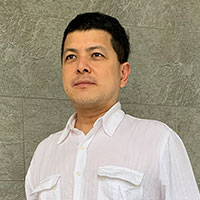Read this in The Manila Times digital edition.
KOTA KINABALU: I can see that the Philippines is gearing up for its presidential election which is but a few months away. Everyday there are news reports of presidential candidates picking up new endorsements from prominent institutions and popular personalities. Age-old alleged scandals or youthful indiscretions are also threatened to be brought up, and the words uttered or acts performed by the candidates are closely scrutinized both by the mainstream media and on social platforms. I would guess some form of presidential debate is also coming along the campaign pipeline soon, where the major candidates would hopefully spar over their policy differences, and not engage in prurient character assassination.
Much of this electioneering fanfare in the Philippines is actually quite familiar to me as the bulk of my political-awareness formative years were spent in the United States, where I went for further studies in my mid-teens. The US has a similar political system as the Philippines, with the quadrennial presidential election (every six years in the case of the Philippines) being the highlight of the political contest. But of course, the primary elections in the US, where the major parties sieve through their aspiring candidates by means of initial rounds of elections — some closed for party members only and others open to all voters — to present their official nominees for the desired public offices, is a long and very drawn-out process, sometimes lasting for more than a year.
Continue reading with one of these options:
Ad-free access
P 80 per month
(billed annually at P 960)
- Unlimited ad-free access to website articles
- Limited offer: Subscribe today and get digital edition access for free (accessible with up to 3 devices)


